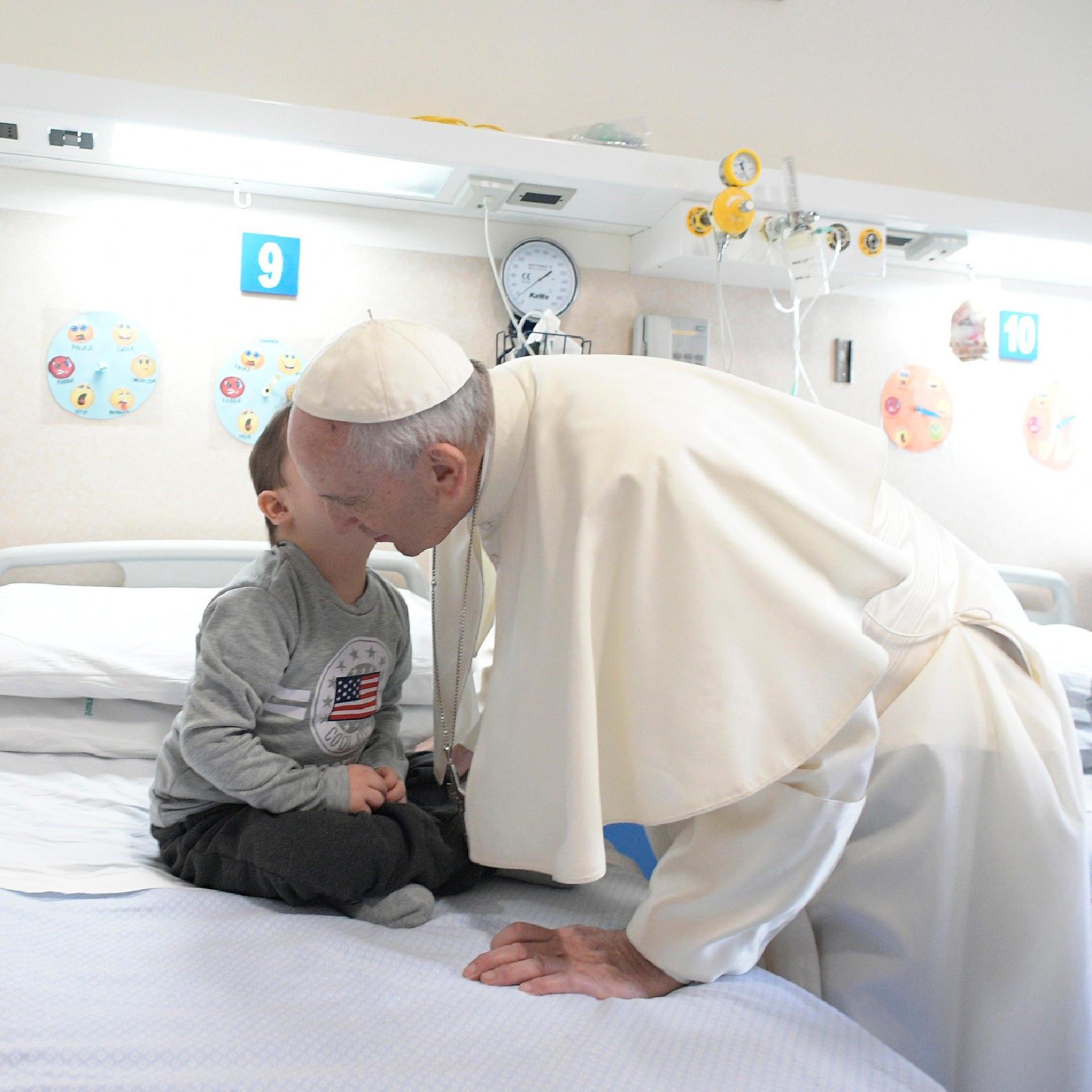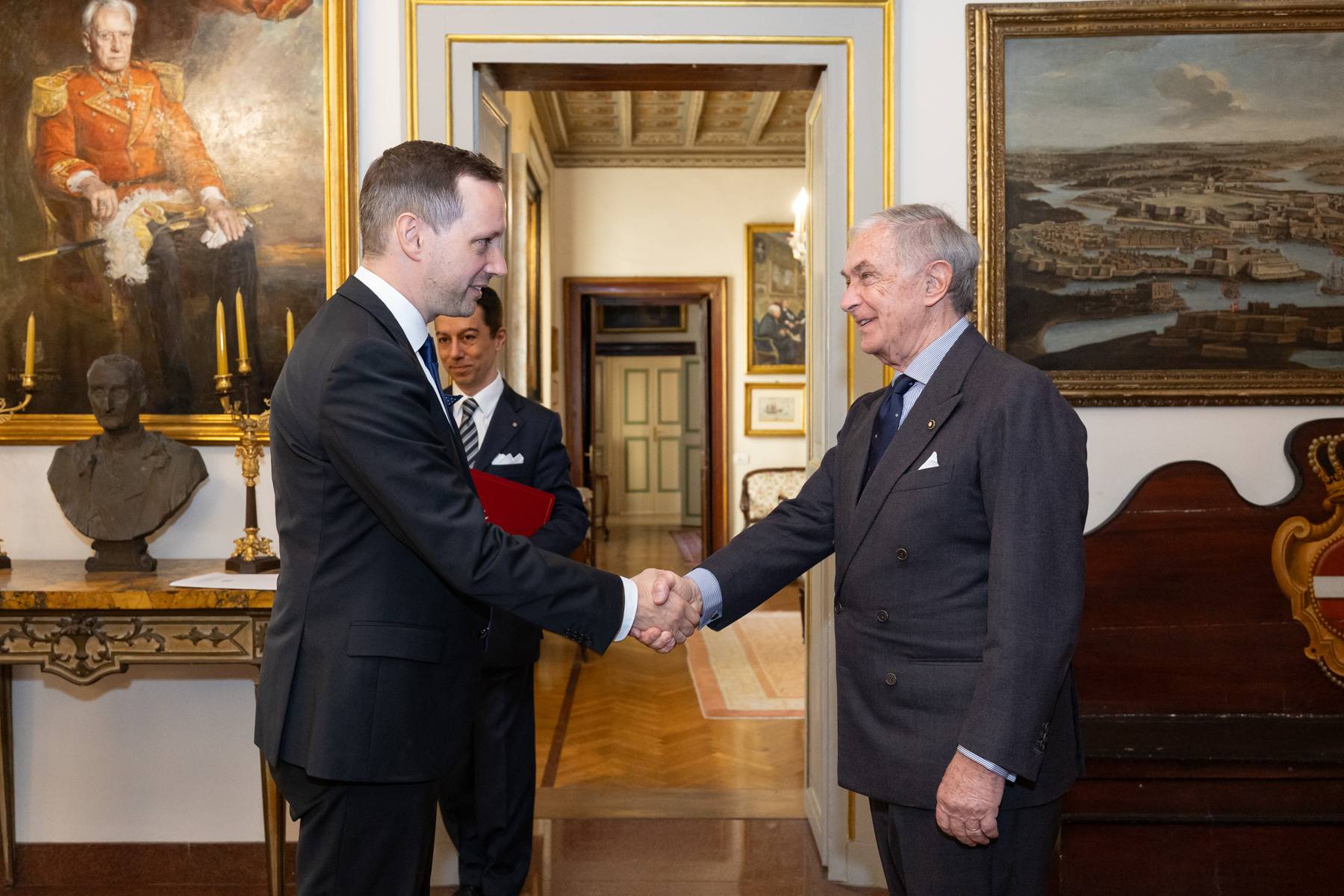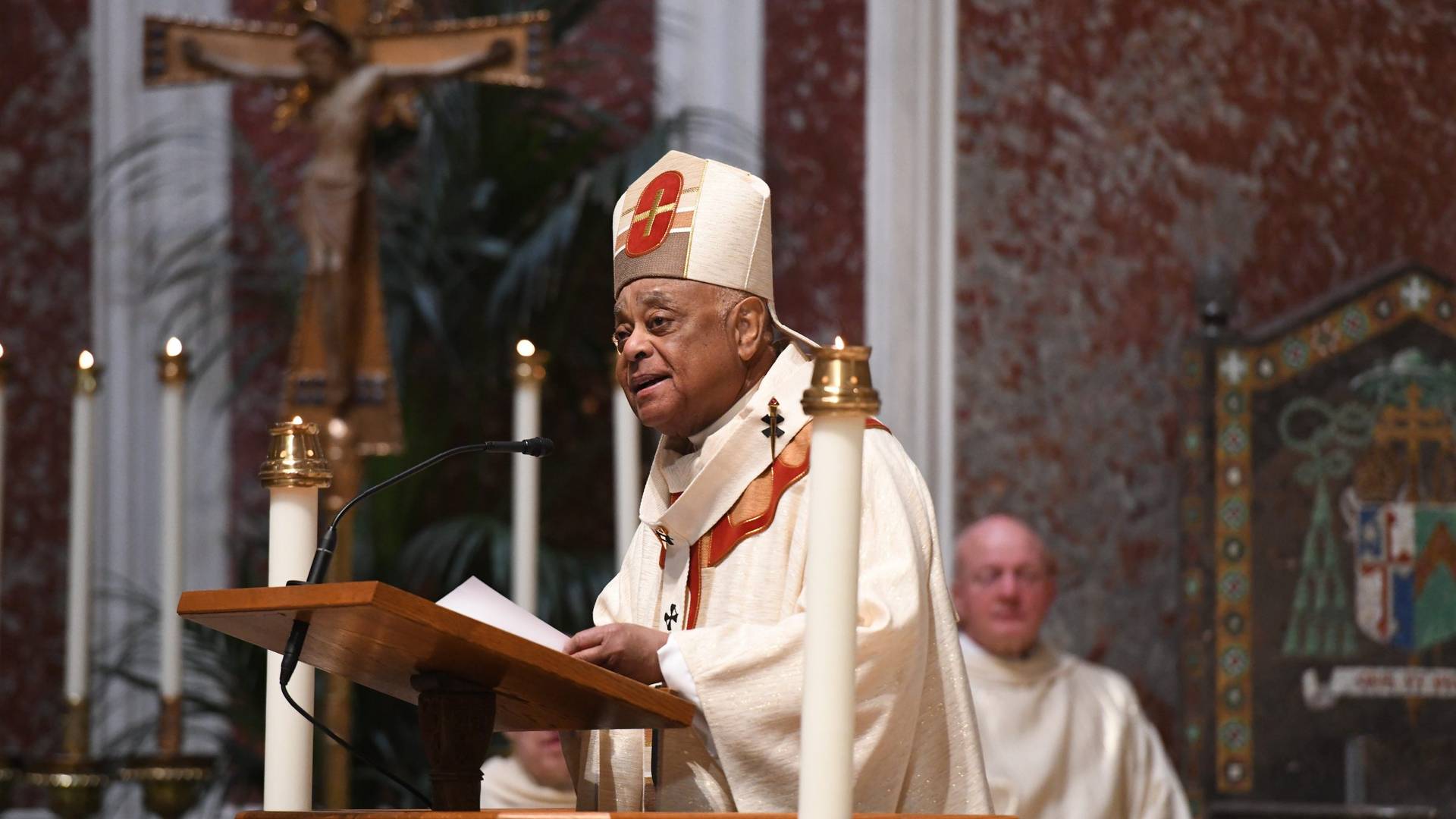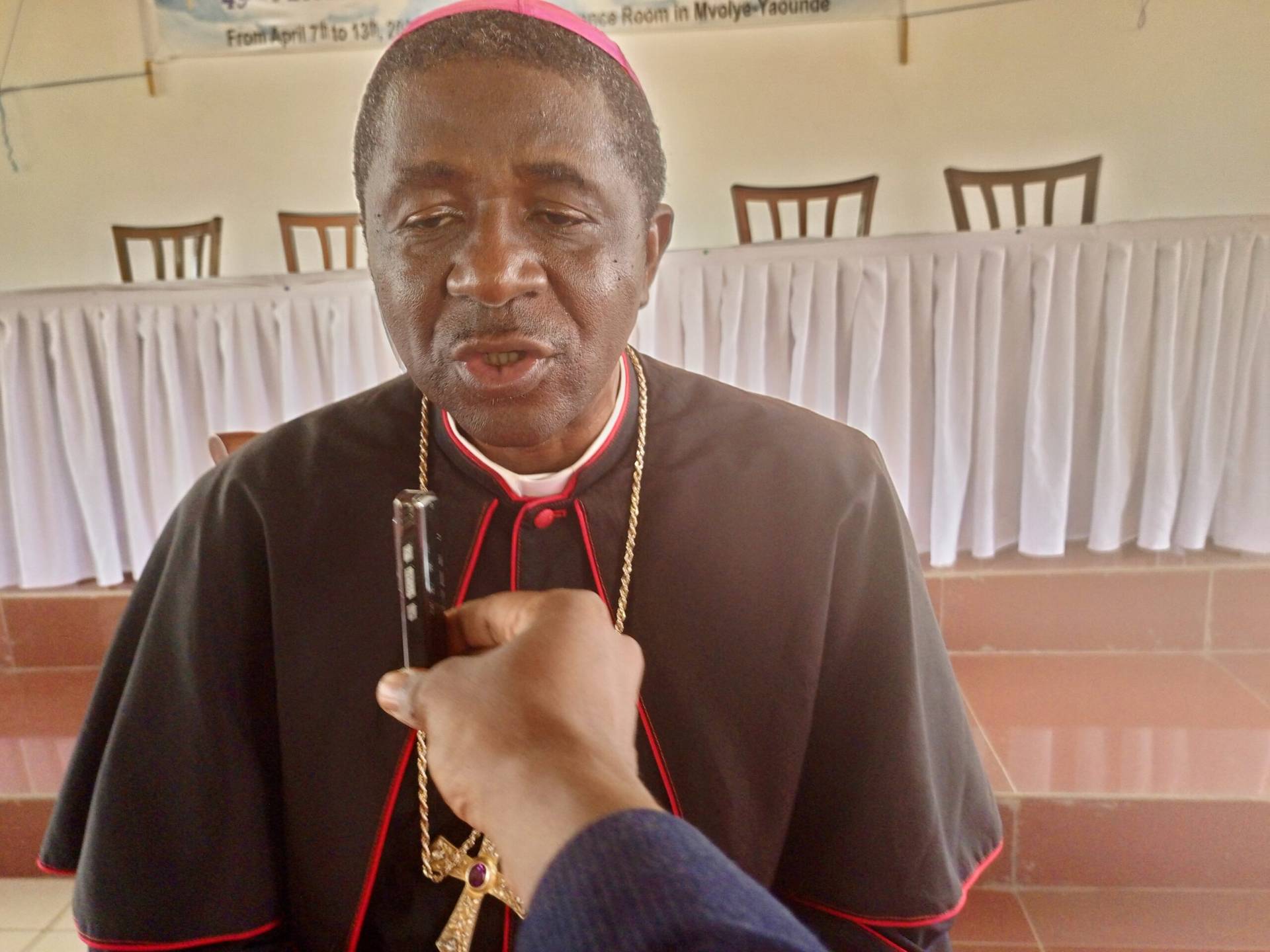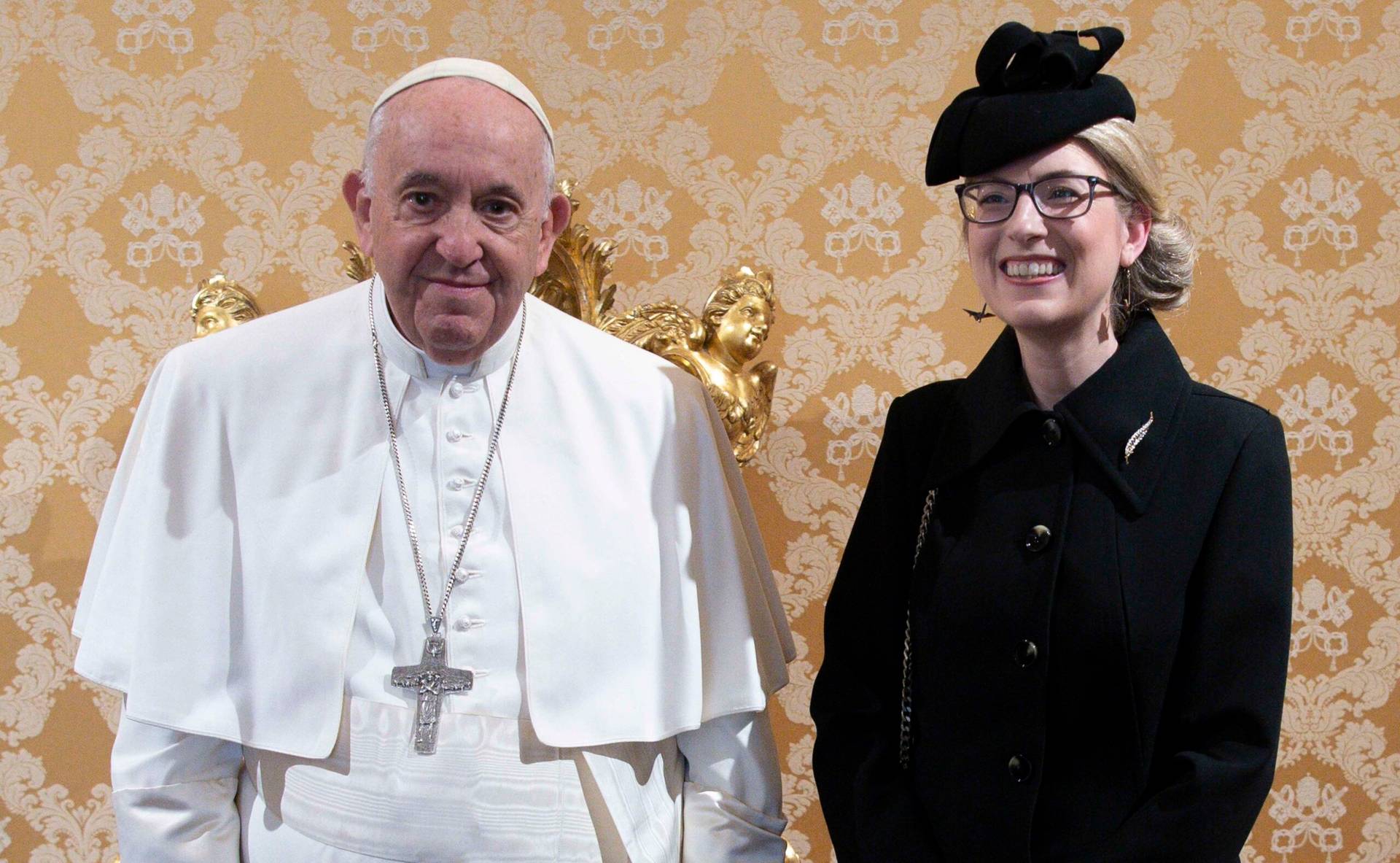[Editor’s Note: Gary Jansen is an editor at Penguin/Random House who has edited books by Pope Benedict and Pope Francis (a collection of his homilies and now a book-length interview on The Lord’s Prayer in English) and is the author himself of a number of books on prayer. His new book on Catholic devotions is Life Everlasting: Catholic Devotions and Mysteries for the Everyday Seeker. He spoke to Kathryn Jean Lopez about his new work.]
Lopez: Can a busy person living in the world – say a husband and father who commutes and works probably longer than he wants to – be a “conduit” for the miraculous?
Jansen: Absolutely. How? Again, by developing a daily spiritual practice which helps to develop awareness. You can pray while you’re driving or sitting on a train. You can listen to prayer podcasts in the car. You can practice sitting or standing in silence on the train even if some guy is talking loudly into his phone. It’s not easy, but it can be done. Practically speaking, every time you truly pray and put your focus on God is a minute or two when you’re not thinking about yourself and your worries.
RELATED: Books on prayer reflect the spiritual stirrings of a post-secular age
Worry and fear are two of the biggest obstacles to developing a trusting and deep relationship with God. I mean Jesus comes out and says on the Sermon on the Mount. Don’t worry. Chill. God’s got your back. Spiritual practice doesn’t solve problems necessarily, but it can help you to deal with your problems more effectively.
How have prayer and devotions “strengthened all aspects” of your life – “physical, emotional, and psychological”? And why is this important to note? What does it mean for people who maybe practice prayer and devotion and can’t quite say the same? Maybe it’s been accompanied by or precipitated by bad health, for example?
I have been very interested in the mind/body connection for a long time. This isn’t a new concept Our faith says that we are a body and soul, and both are intricately connected. In the last few years, science is demonstrating more and more that what and how we think affects our physical bodies. We’re also learning that what we do to our physical bodies affects our minds.
When we pray we are doing something that benefits not only the mind and soul, but the body as well. Recent studies show that meditation, a form of prayer, can help lengthen and strengthen telomeres in our cells. Telomeres are like the plastic tips of shoelaces. They keep our chromosomes together. What happens when we lose or break the plastic tip of a shoelace? It frays and unravels. When our telomeres break down because of bad diet or stress our cells break down and it can lead to disease.
So, what am I trying to say? That prayer affects you on deeply personal levels—physically, emotionally, and spiritually. It can be difficult if you’re suffering to maybe accept this, but we’re learning more and more that prayer is highly beneficial on a practical level.
Is it plausible to cultivate silence in the world today?
Did you know that Steve Jobs, even though he thought everyone in the worlds should have an iPad, didn’t let his kids use one? Jobs knew that tech is awesome, but it creates a lot of distraction and noise, which ultimately can lead to increased levels of stress and lots of other negative things.
How many of us just look at our phones when we’re bored? I firmly believe that the shift away from organized religion is connected in part to the rise in use of personal tech devices. As we spend more and more hours on our phones, computers and tablets, the less time we have to wonder or cultivate that silence where we can hear the still small voice of God.
If you do want to nurture silence, then you have to take action and make it something you strive for every day. It can be difficult, but the more you try the better you’ll feel because the opportunity increases for you to experience connection with God.
What have you learned as an editor to a vast array of spiritual and self-help writers? Is there something everyone has in common from Deepak Chopra to Popes Benedict and Francis?
I’ve been fortunate enough to work or have worked with some of the great spiritual and religion writers of our time and even though many of them come from different faith traditions they all believe in surrendering to something greater than ourselves. I would never say that all religions are the same. They are not. There are fundamental differences between Judaism, Christianity, Hinduism, Buddhism and Islam, but I do think they all draw from the same well. Things change as the water makes its way to the surface, but each acknowledges that there is a transcendent reality and that we must behave in an appropriate manner to glorify God and God’s creation.
Working with such diverse authors has given me a wide worldview and has made me appreciate my Catholicism in special ways. I’m honored to call people of all faiths my brothers and sisters.
What did Pope Francis actually say about the Our Father? Is he all about changing it? Was the Lord’s version not good enough?
Well, Pope Francis says a lot about the Lord’s Prayer in his new book “Our Father” which I had the honor of editing and publishing. He offers a number of reflections on the importance of getting back to basics and shifting our focus to the Father. He does say in the book that he doesn’t like the translation, “lead us not into temptation.” He believes this line can be confusing. It’s not God who leads us into temptation. A loving father would never do that he argues. It’s we who fall into temptation.
What have you learned from Pope Francis over the past five years?
I look at Pope Francis as a blue-collar pope. Though I’m a white-collar editor now, I worked for years in an automotive garage and did side jobs from selling Christmas trees to landscaping to being a roadie for a rock band.
Though I work for a publishing house now, I can’t shake my blue-collar roots. Pope Francis’s back to basics approach appeals to me a great deal. So what have I learned? To try and keep things simple. Put mercy first and things will follow. Academics, critics, and intellectuals might laugh at me but that’s what I believe.
Has he taught you more than you knew about St. Ignatius and the Spiritual Exercises and silence?
I know there’s currently a lot of controversy around Pope Francis, but I really do believe he embodies what Catholics call the New Evangelization. For me, all that means is that you have to get your heart in the right place. From there, you can live a life that becomes an embodiment and example of true faith and that affects people.
What Francis has taught me in simple ways is that I need to get my heart to a genuine place where I’m not blocking the Holy Spirit from working through me. When we do this a veil is dropped and we see the world for what it is—heaven now. It might look like hell at times but it’s only because our hearts are often filled with darkness. We see, unfortunately, through a glass darkly.
What is it about publishing religious books that can help us in our age of being overwhelmed? You are, after all, giving us more to read. Which overwhelms my office all the more!
Reading, more often than not, can lead to a greater awareness of God and the world around us. After all, in the beginning was the Word. For me, books have always been an entry point to experiencing the divine, to spend time getting to know God and God’s creation. They’re like seeds. Some fall on concrete and never take root, but others fall on fertile soil and blossom into something unexpected. Books might not work for some people. And that’s fine. Embrace what works for you.
